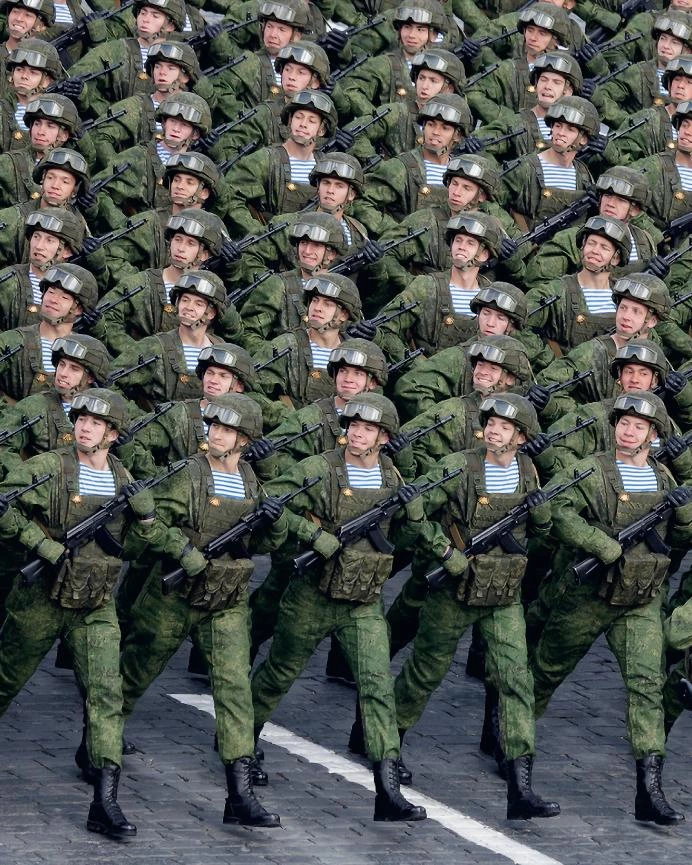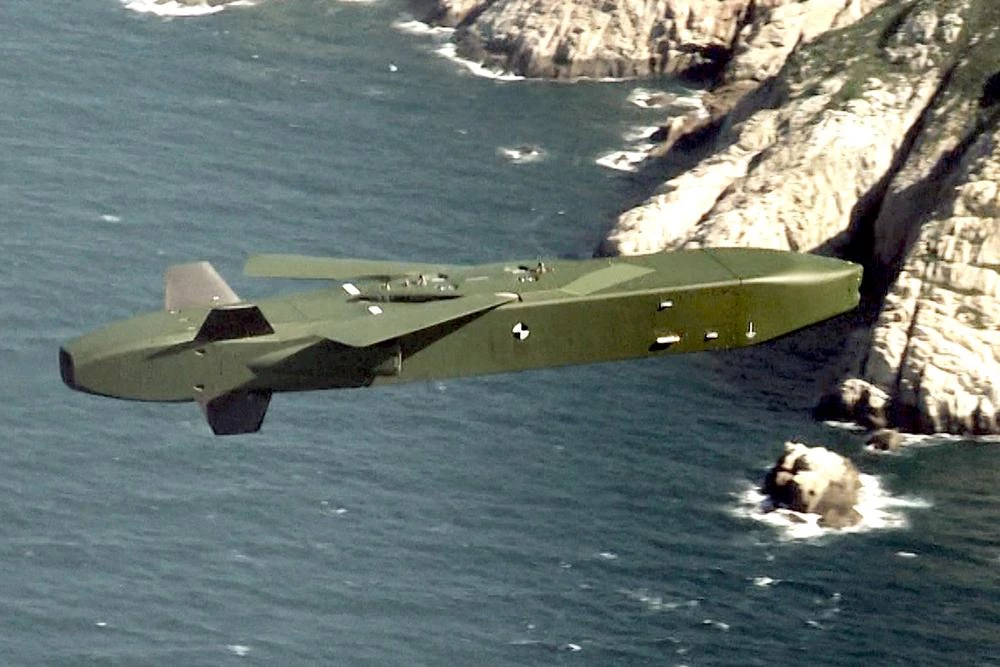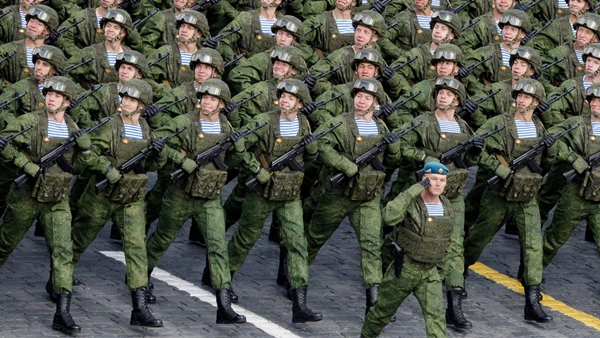
Moscow Victory Day Parade, 9 May 2023 © Ministry of Defence of the Russian Federation
The 1914 sleepwalking elites are warmongers in 2024: Europe rearms in haste guided by leaders with no biographical experience of conflict. Those born after 1945 have lived on a continent that judged war on its grounds inconceivable, even if the dismantling of the Eastern bloc after 1989 happened with violence in the Balkans. That was a transition from global Cold War to local hot war, but the current conflict in Ukraine has changed the perception of risk, transforming the long postwar in which the placid utopia of Europe had grown into a prewar atmosphere that moves to increase military budgets and flaunt rhetorical strengths. Guided by the lapidary precept, ‘Si vis pacem, para bellum,’ European leaders multiply defying gestures and ask for more military spending, in a dramatic spiral that could become a self-fulfilling prophecy. The possible loss of US protection demands greater autonomy in defense, but the continent’s economic, demographic, and political decline recommends negotiation and caution rather than arrogance and threat.
Wars are today mostly proxy or hybrid, and the clash with Russia is of this type, something which has prevented a direct confrontation with NATO and escalation, despite the threats to use nuclear weapons: a still unlikely possibility, even with the return of the atomic bomb and the Oppenheimer syndrome in a popular culture that had for decades ignored the panic of mutual assured destruction (MAD). The true geopolitical pulse is between the US and China, with Russia and Iran as ‘junior partners,’ and Xi’s regime for now avoids a head-on conflict with the West, giving up the option of drastically altering the logistical routes or payment methods, though accepting the already inevitable ‘slowbalization’ and nurturing commercial and diplomatic ties with the Global South. Less oriented towards exportation, and with ever-growing technical and energy independence, the Middle Kingdom should be a stability factor, even if the unresolved situation of Taiwan and the fear of a change in the White House has led it to invest more on defense.
We want to think that the big issues facing humanity, from climate change to artificial intelligence, and from migrations to terrorism, should have forced both elites and public debates to focus on those challenges, and on the need to tackle them on a planetary scale. But the blindness of leaders and the inertia of the masses make one fear that not even an alien threat – which science fiction is so fond of, as shown by the success of the books and series on The Three-Body Problem – could shake up the intelligence and emotions of the passengers of spaceship Earth enough to set aside their domestic conflicts. The recently disappeared primatologist Frans de Waal explained how chimpanzees and bonobos solved their differences, and how agression was not incompatible with cooperation for the benefit of the group’s survival, and it is yet to be seen if humans can measure up to a hypothetical planet of the apes. Neither sleepwalkers nor warriors, the leaders of Europe should replace the fanfare of drums and trumpets with the cautious patience of tables for negotiation and dialogue.

Taurus missile, developed by a European consortium © AP







